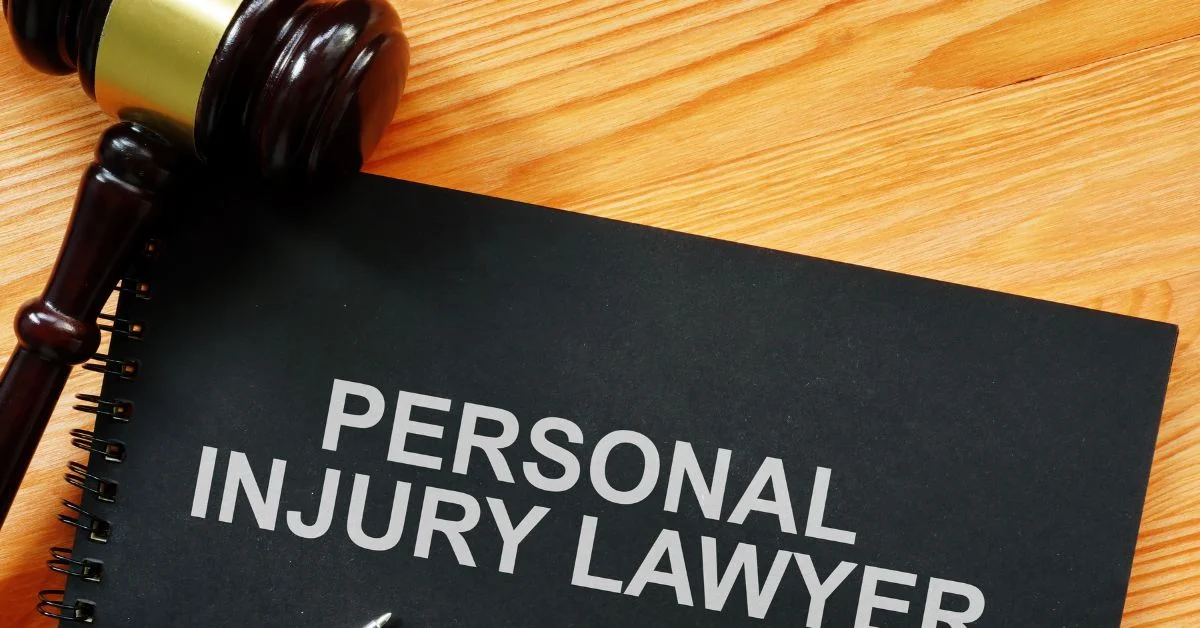Accidents happen daily, but understanding your rights becomes crucial when your injuries result from someone else’s negligence. Washington state law empowers victims to pursue compensation, but the process can feel overwhelming.
From slip-and-falls to car accidents, this guide will help you understand your legal rights and clarify what to expect when working with a personal injury lawyer in Seattle.
What Is Negligence in Washington?
At its core, negligence occurs when someone fails to act with the care that a reasonable person would in similar circumstances. In Washington, victims can seek compensation if they can prove four elements:
- Duty of Care: The responsible party had an obligation to act safely.
- Breach of Duty: They failed to meet this obligation.
- Causation: Their breach directly caused your injuries.
- Damages: You suffered losses, such as medical bills or lost wages.
Negligence applies to various situations—whether a driver is distracted, a property owner neglects safety hazards, or a dog owner fails to control a pet.
Comparative Negligence: What Happens If You Share Some Blame?
Washington follows a pure comparative negligence rule under RCW 4.22.005. This means that even if you were partially at fault for the incident, you can still recover damages.
However, your compensation will be reduced by your share of the blame. For example, if you were 30% responsible for a car accident and your damages totaled $100,000, you could still receive $70,000.
Navigating comparative negligence laws can be tricky, so consulting a top-rated injury attorney can make all the difference.
Common Examples of Negligence Cases in Seattle
Seattle’s bustling streets, wet weather, and active lifestyle create numerous scenarios where negligence can occur. Here are a few examples:
- Car Accidents: Distracted driving, speeding, or driving under the influence can result in serious injuries.
- Slip-and-Fall Accidents: Property owners must maintain safe premises, clearing hazards like ice or fixing broken stairs.
- Bicycle Accidents: Drivers must share the road responsibly with cyclists. Failing to yield or unsafe lane changes often lead to serious collisions.
- Pedestrian Accidents: Like bicyclists, drivers must be attentive and share the road with pedestrians. Distractions, low visibility, and other issues may lead to a fatal accident.
Working with the best personal injury lawyer near me in these scenarios ensures your claim is well-prepared and adequately documented.
What Compensation Can You Receive?
Washington law allows victims to pursue various forms of compensation, including:
- Medical Expenses: Both current and future healthcare costs.
- Lost Wages: Income lost due to your inability to work.
- Pain and Suffering: Compensation for physical and emotional distress.
- Property Damage: Repair or replacement of damaged property.
Because every case is unique, working with a personal injury lawyer in Seattle helps ensure all potential damages are accounted for in your claim.
How Long Do You Have to File a Claim?
Washington’s statute of limitations, RCW 4.16.080, requires most personal injury claims to be filed within three years of the incident. This deadline applies to car accidents, slip-and-falls, and medical malpractice cases.
Missing this window usually means forfeiting your right to compensation, so acting promptly is essential.
What Role Does Insurance Play?
Your compensation will often come from the at-fault party’s insurance provider. However, insurance companies often aim to minimize payouts, even in clear-cut negligence cases. This is where having a top-rated injury attorney becomes crucial—they can negotiate on your behalf, ensuring you receive a fair settlement.
How a Seattle Personal Injury Lawyer Can Help After an Accident
After an accident, many victims are unsure about their legal rights. A accident lawyer in Seattle can explain your options, helping you determine if you’re entitled to compensation for medical bills, lost wages, or pain and suffering.
This guidance ensures you don’t unknowingly waive your rights when dealing with insurance companies.
Handling Insurance Negotiations
Dealing with insurance adjusters can be challenging. A personal injury attorney will handle these negotiations to ensure you receive a fair settlement. Lawyers know how to counter lowball offers and pressure tactics commonly used by insurers.
Gathering Evidence to Strengthen Your Case
A strong personal injury case requires substantial evidence, including police reports, medical records, and witness statements. Your attorney will investigate the accident thoroughly, collecting the necessary documentation to build a compelling case.
Representing You in Court, If Necessary
Your lawyer will represent you in court if a settlement cannot be reached. They will prepare legal filings, present your case to the judge or jury, and fight for the compensation you deserve.
Reducing Your Stress
Having a knowledgeable attorney by your side lets you focus on recovery, knowing that your legal matters are in capable hands.
Understanding Your Rights When Injured
Understanding your rights when someone else’s negligence leads to injuries is essential to securing fair compensation. Washington’s legal framework provides robust options for victims, but the process can be complex.
From comparative negligence to dealing with insurance adjusters, navigating these challenges is best done with the guidance of the best personal injury lawyer near me. With the right support, you can focus on recovery while ensuring your rights are fully protected.
If you found this article helpful, click here for more.









